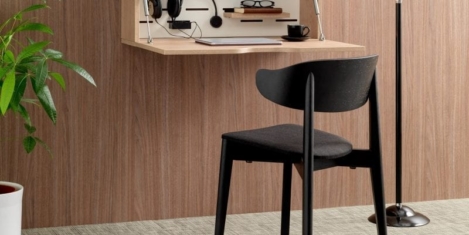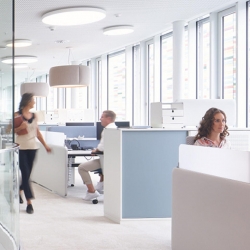May 11, 2022
Job dissatisfaction is rife among senior executives – and hybrid working doesn’t help
 Widespread job dissatisfaction means a large proportion of senior executives from top US companies plan to leave their organisations in the next two years, according to a new report from KellyOCG. According to the 2022 KellyOCG Global Workforce Report – Re:work – there’s a significant disconnect between employees’ expectations and the support employers provide. Through a survey of C-suite leaders, board members, department heads, directors, and managers in 12 countries, including the United States and Canada, the report claims that 78 percent of US executives and 52 percent of Canadian executives, compared to 72 percent of leaders globally, aim to leave their jobs by 2024. (more…)
Widespread job dissatisfaction means a large proportion of senior executives from top US companies plan to leave their organisations in the next two years, according to a new report from KellyOCG. According to the 2022 KellyOCG Global Workforce Report – Re:work – there’s a significant disconnect between employees’ expectations and the support employers provide. Through a survey of C-suite leaders, board members, department heads, directors, and managers in 12 countries, including the United States and Canada, the report claims that 78 percent of US executives and 52 percent of Canadian executives, compared to 72 percent of leaders globally, aim to leave their jobs by 2024. (more…)





































April 29, 2022
Working from home can present particular challenges for women
by Rachel King • Comment, Flexible working